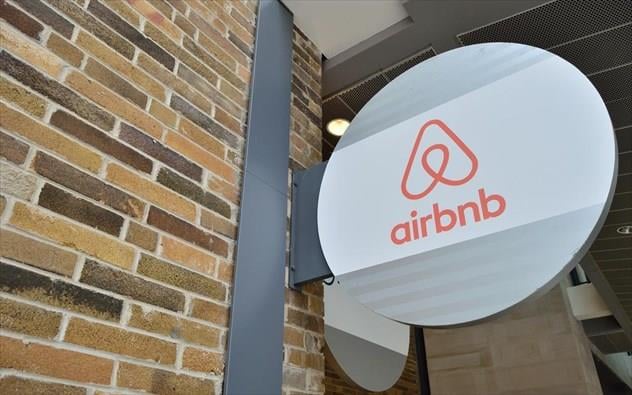The independent public revenues authority is reportedly ready to launch a special online platform owners leasing residential lodgings in Greece on a short-term basis must declare the specific property, the name of the person or persons renting it and the duration of the lease.
Essentially, the platform aims to accompany a specific tax on income from short-term residential leasing, i.e. an “Airbnb tax” that will also be accompanied by geographic and time constraints. The latter are viewed as a nod to hoteliers and operators of purpose-built rooms-to-let units, who have seen a dramatic rise in competition from private owners letting out apartments and vacation homes to tourists and long-term visitors.
Failure to declare the properties on the specific platform will be accompanied by a fine reaching a maximum of 5,000 euros , if authorities detect “undeclared leasing”.
Among others, the public revenues authority mandates that each property registered on its platform prominently feature its registration number on any digital platforms or social media where it is advertised.
In continuing last year’s “tax tsumani” imposed by the leftist-rightist coalition government in order to meet memorandum-mandated fiscal target – as opposed to spending cuts – income from short-term residential leasing will be taxed based on the scale in effect for regular rent income. Specifically, for a taxpayer with a yearly income of up to 12,000 euros, the tax rate for income derived from short-term residential leasing will reach 15 percent; 35 percent for a taxpayer with between 12,000 to 35,000 euros in annual income. Above an annual income of 45,000 euros, a taxpayer’s income from short-term residential leasing will reach the astronomical rate of 45 percent, i.e. nearly one in two euros goes to the state.














